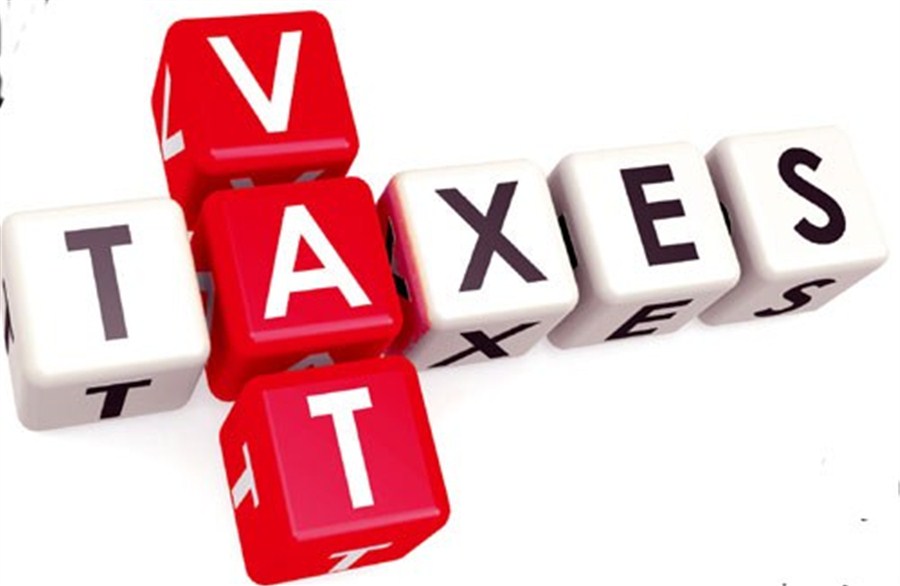
The Nigeria’s Organised Private Sector (OPS),
comprising mainly the Manufacturers Association of Nigeria (MAN), Nigeria
Employers’ Consultative Association (NECA) and Nigerian
Association of Chambers of Commerce, Industry, Mines and Agriculture
(NACCIMA), has advised the
federal government against any increase in Value Added Tax (VAT), saying doing so would truncate the macroeconomic stability in the country
and other government’s policy objectives.
The Minister for Budget and National Planning,
Udoma Udo Udoma, and the Executive Chairman of the Federal Inland Revenue
Service (FIRS), Babatunde Fowler, had hinted during an interactive
session with the National Assembly on March 19, 2019, that VAT rate
was likely to go up to enable government fund the new monthly minimum wage of
N30,000 approved by the National Assembly.
FIRS last Wednesday clarified that the intention was
to increase compliance rate and not tax rates, but stated that Nigerians should
be ready for a VAT rate increase by the end of 2019, meaning an increase of about 50 per cent will raise the current standard VAT rate of 5
percent to 7.5 per cent.
But the OPS said despite rebuttal of the report of planned increment of VAT by 50 per
cent to meet up payment of the newly proposed minimum wage, they felt it was
good to make its positions clear to the government on the consumer tax and its
consequences.
The Director General of MAN, Segun Ajayi-Kadir, told
THISDAY that such proposed increase “is not manufacturing-friendly and the proposed
VAT increase appears not to have taken into cognizance the prevailing times and
the ongoing government efforts to re-invigorate the economy.”
Ajayi-Kadir said MAN “as a strategic stakeholder in the
Nigeria’s development agenda, appreciates the need for government to generate more
revenue to fund its developmental initiatives amid declining revenue from crude
oil. However, government should thread with caution in the drive for improved
revenue for the following reasons-the economy-which just recently exited
recession with the fragile growth rate of less than 2 per cent recorded in 2018, and should be delicately
managed and the precarious macroeconomic condition of the country which
requires palliatives that would improve investment and not higher tax burden.”
He cited the
prevailing high lending rate, double digit inflation, low per capita income,
high unemployment rate and a low 1.91 per cent growth rate amid 2.6 per
cent population growth rate that are already
cumulatively limiting competitiveness could be further worsened.
Ajayi-Kadir said; “Any increase at this time would
not be in sync with the
standard practice that expects the administration and
implementation of VAT to be effected in a manner that distortion and possible
adverse effect on the economy are minimised or avoided.
“An increased VAT will spur spontaneous increase in
inflation rate occasioned by increased prices of goods and services.
The obvious resultant effects of implementing an
increased VAT on the
manufacturing sector include lower purchasing power
of consumers, sharp reduction in consumption, drop in sales, decrease in
production capacity, lower government revenue, increase in unemployment and stifled
economic growth.”
MAN also
warned the government against “unfair comparison of VAT rate in Nigeria and
other countries in Africa, saying macroeconomic dynamics and the level of
competitiveness in these countries are not the same with that of Nigeria.
“It is
important to state that on economic front, Nigeria should ideally be compared
with the emerging economies and not just any country in Africa. Comparative economic policies should be predicated
on what obtains in this economic frontier. Therefore, an ideal tax policy
should be such that takes into cognizance the status of the economy. An ideal
VAT policy for Nigeria should take into account the current profiles of
Nigeria’s Per Capita Income (PCI), National Minimum Wage (NMW); and Global
Competitiveness.”
Director-General of NECA, Timothy Olawale, said: “The review
of VAT as being proposed was not the only option opened to government to fund the
new National Minimum Wage. Beside, the planned increase would erode the gains
of minimum wage for low earners, and further weaken their purchasing power,
among others.”
The NECA boss
lamented that the planned increase of VAT would have far reaching implications
for manufacturers and businesses which
are already saddled with several challenges such as infrastructural
decay, power among others.
Olawale also opined that “government does not have to
increase VAT in order to enable it pay minimum wage. However, in the event that
government must increase VAT against the will of the people, it should be
limited to luxury or ostentatious goods only.”
The Director-General of the Lagos Chamber of
Commerce and Industry
(LCCI), Muda Yusuf, said: “An upward review of the
VAT at this time will hurt businesses, the economy and citizens.
Many businesses are currently grappling with high
production and operating cost which has made sustainability difficult for many enterprises.
There is also pressure of costs driven by high interest rate, huge logistics
cost, high energy cost, and high regulatory compliance costs.”
According to Yussuf, “Businesses often have
difficulties in passing these additional costs to customers because of the weak
purchasing power by many of the citizens.
We had advocated that rather than increase tax rates, the government
should broaden the tax base by bringing into the tax net numerous persons and
enterprises that are not tax compliant.”
The NECA boss aligned with the recommendation of
the Chairman of
FIRS, Mr. Babatunde Fowler, that there should be
more individual and corporate entities captured in the tax net paying VAT.
Olawale also
advocated that government should “reduce its recurrent expenditure, cost of
governance, widen the tax net in its bid to generate more revenue and ensure
effective collection of taxes from non-compliant citizens or defaulters.”
No comments:
Post a Comment